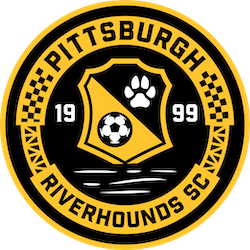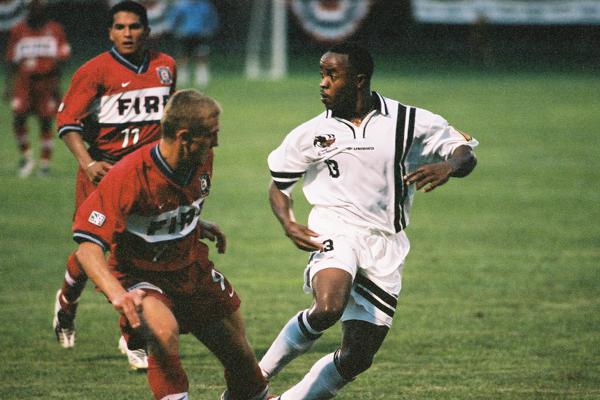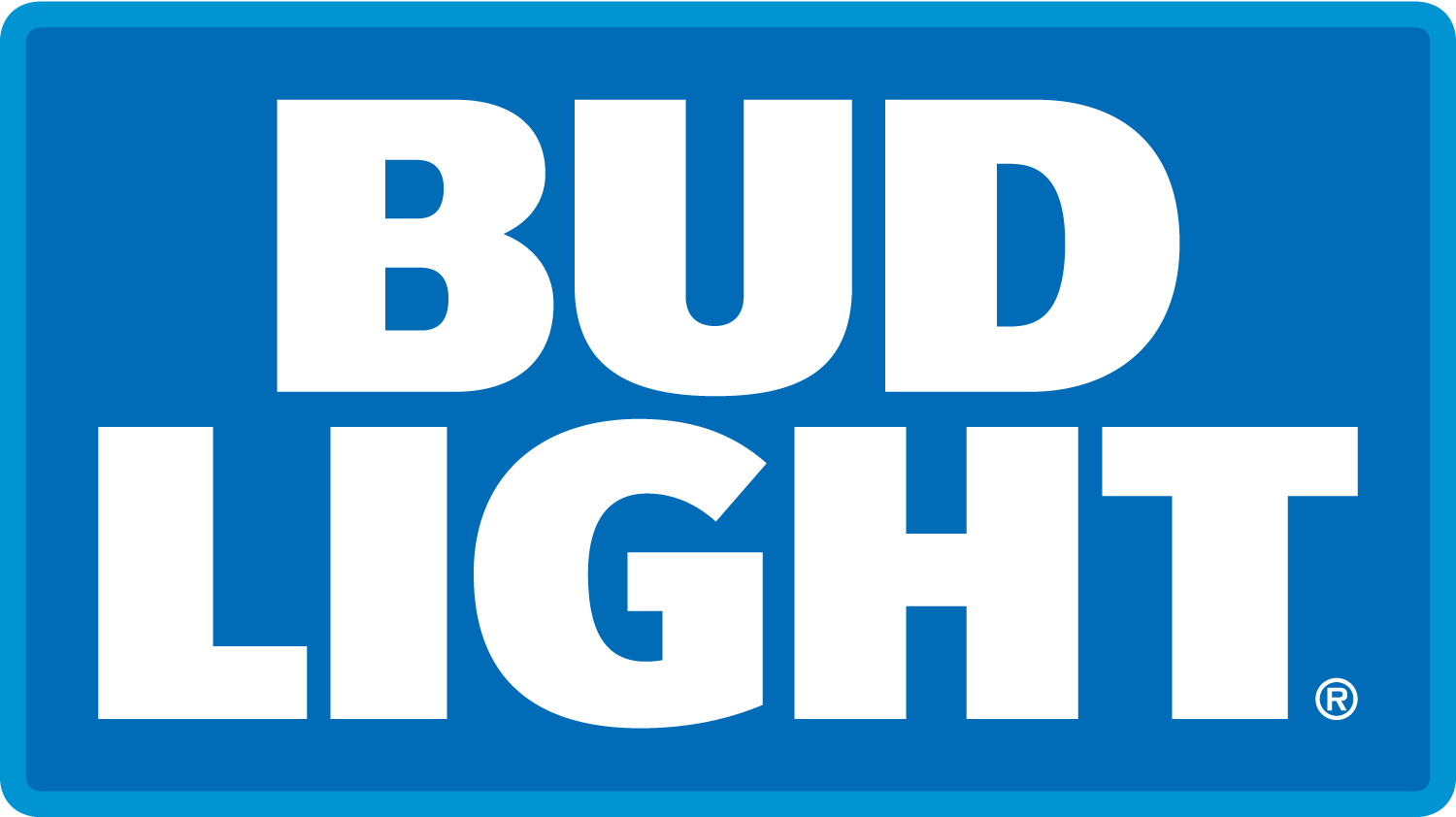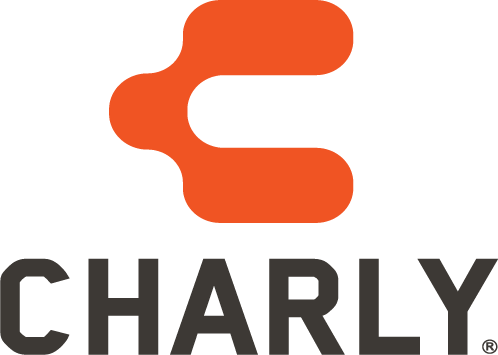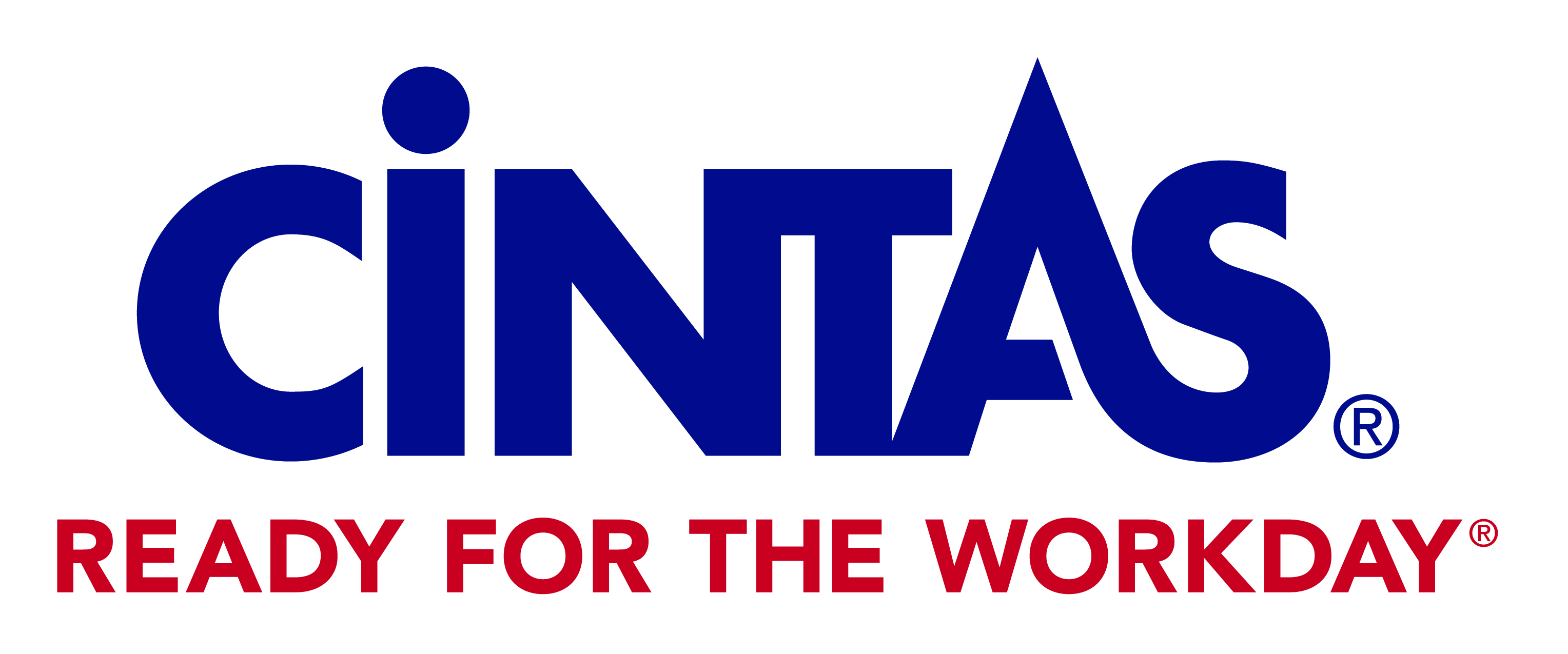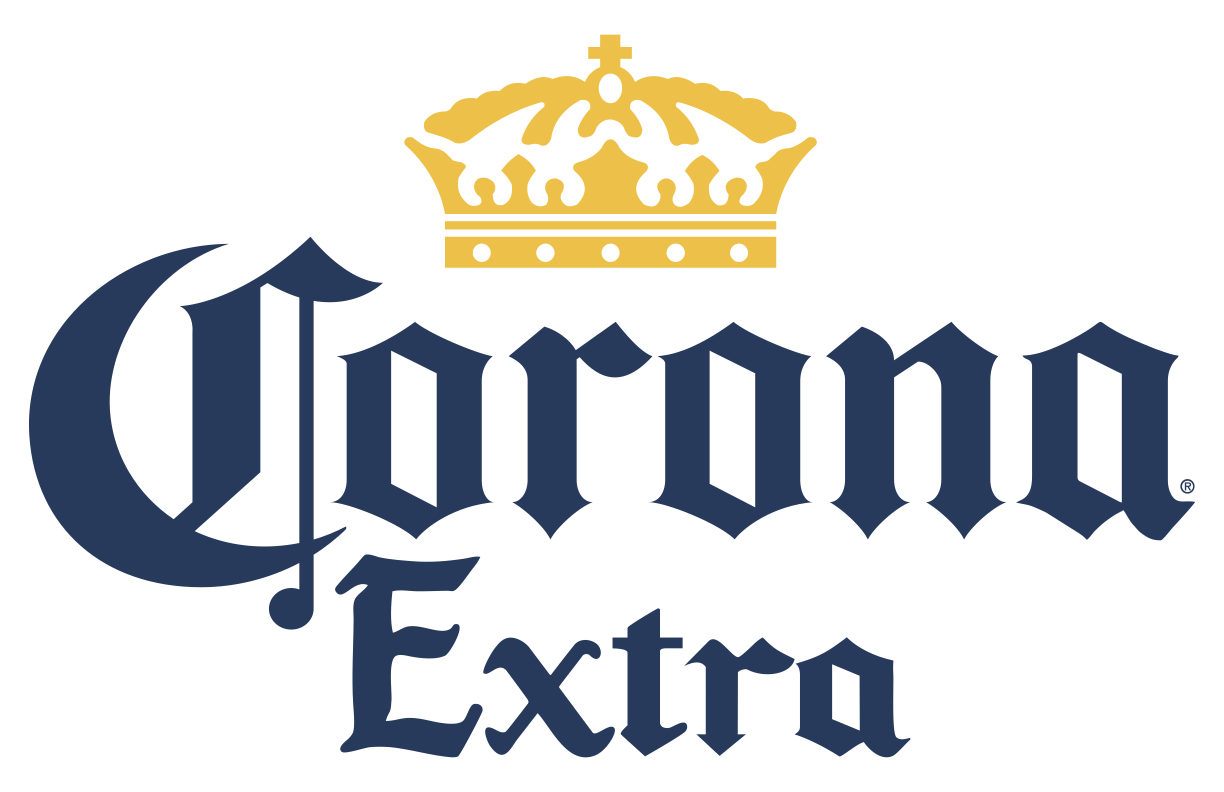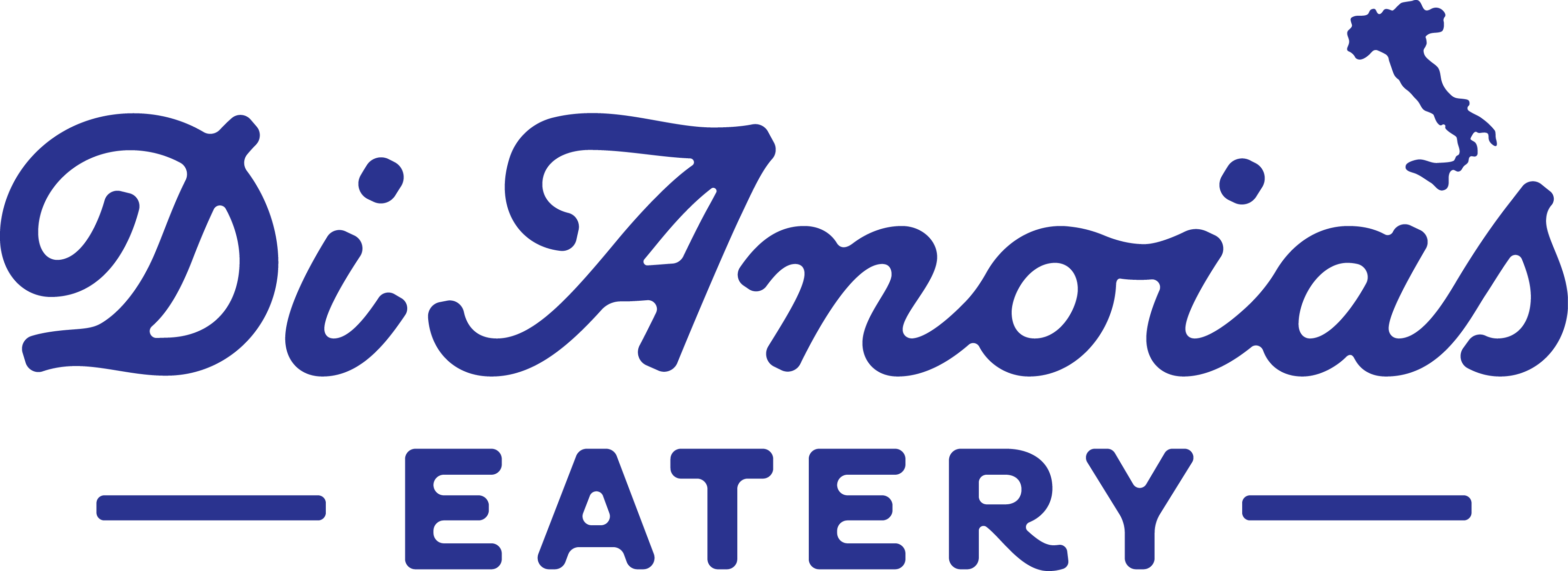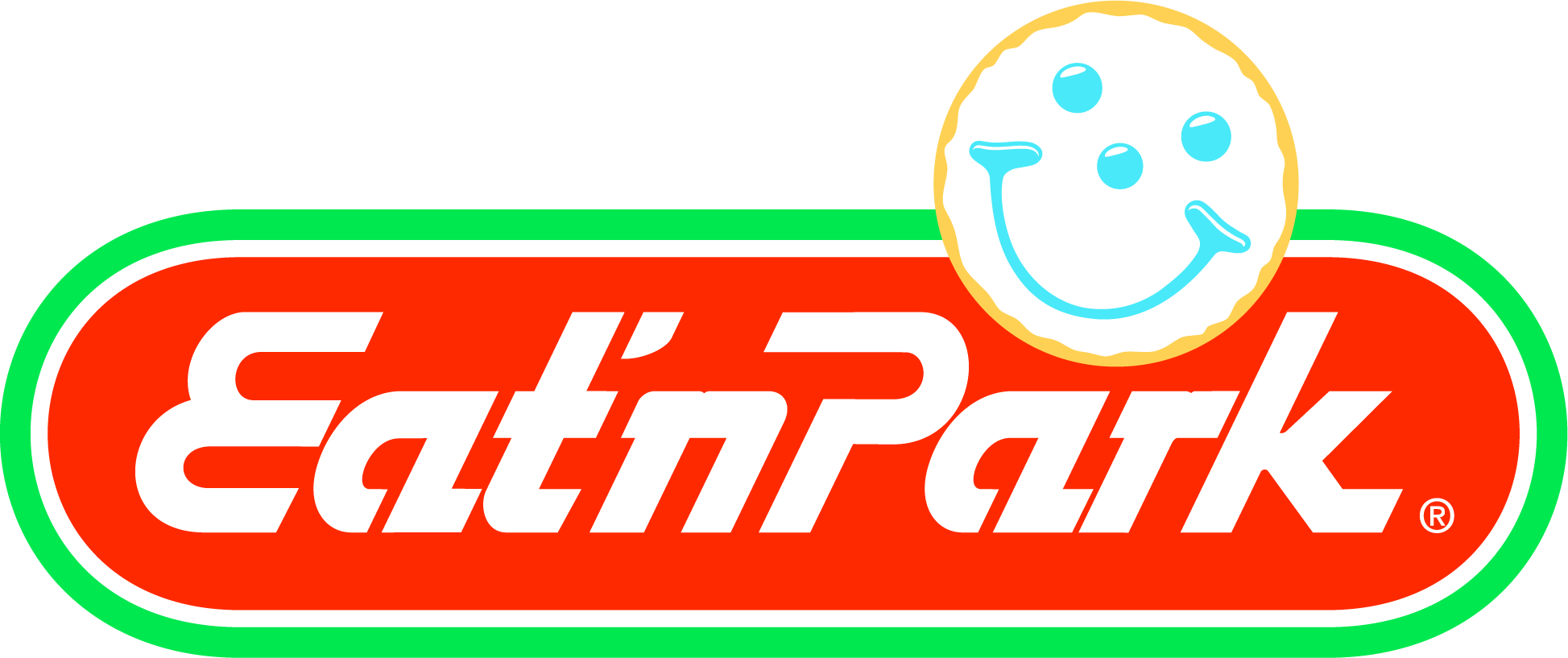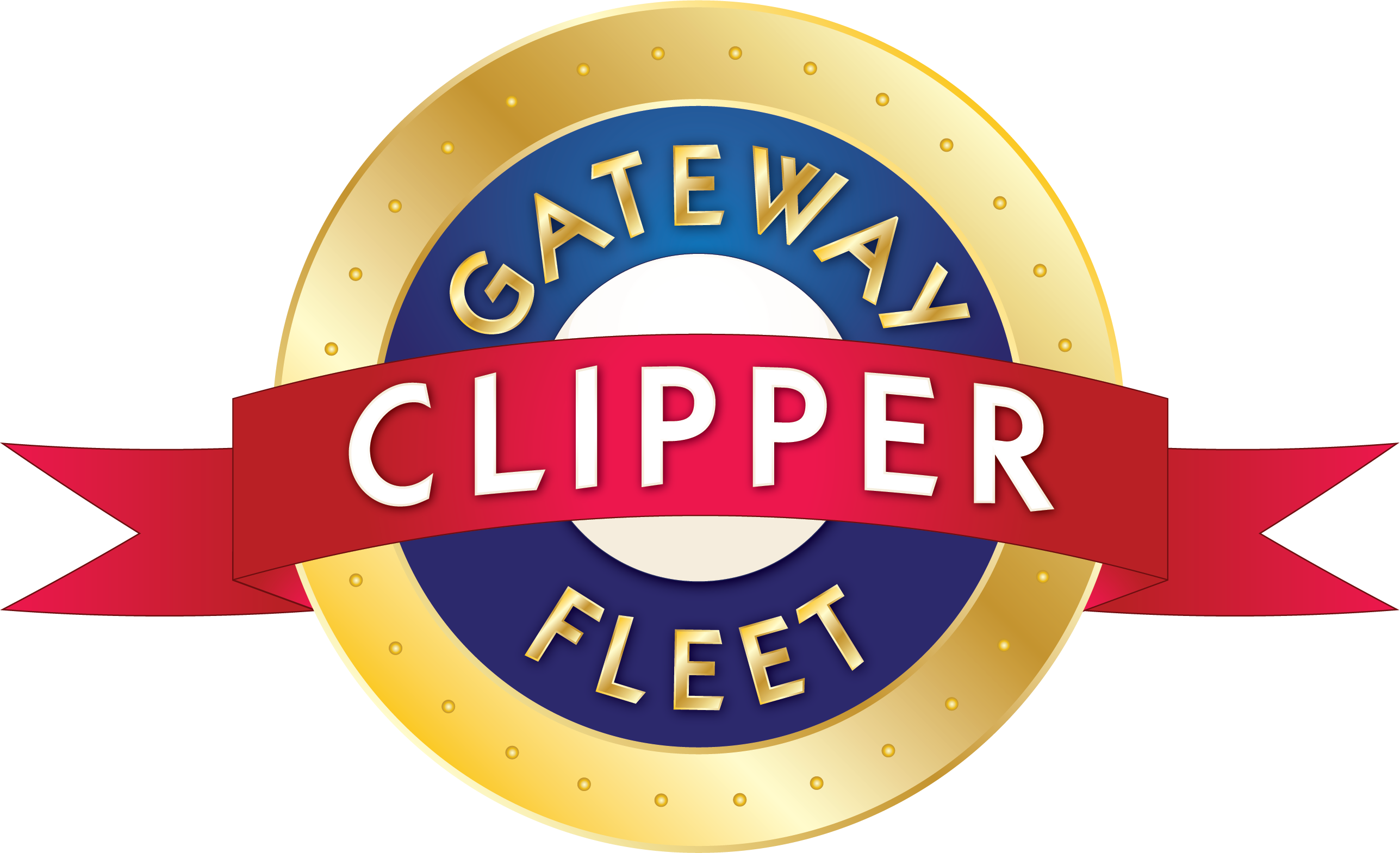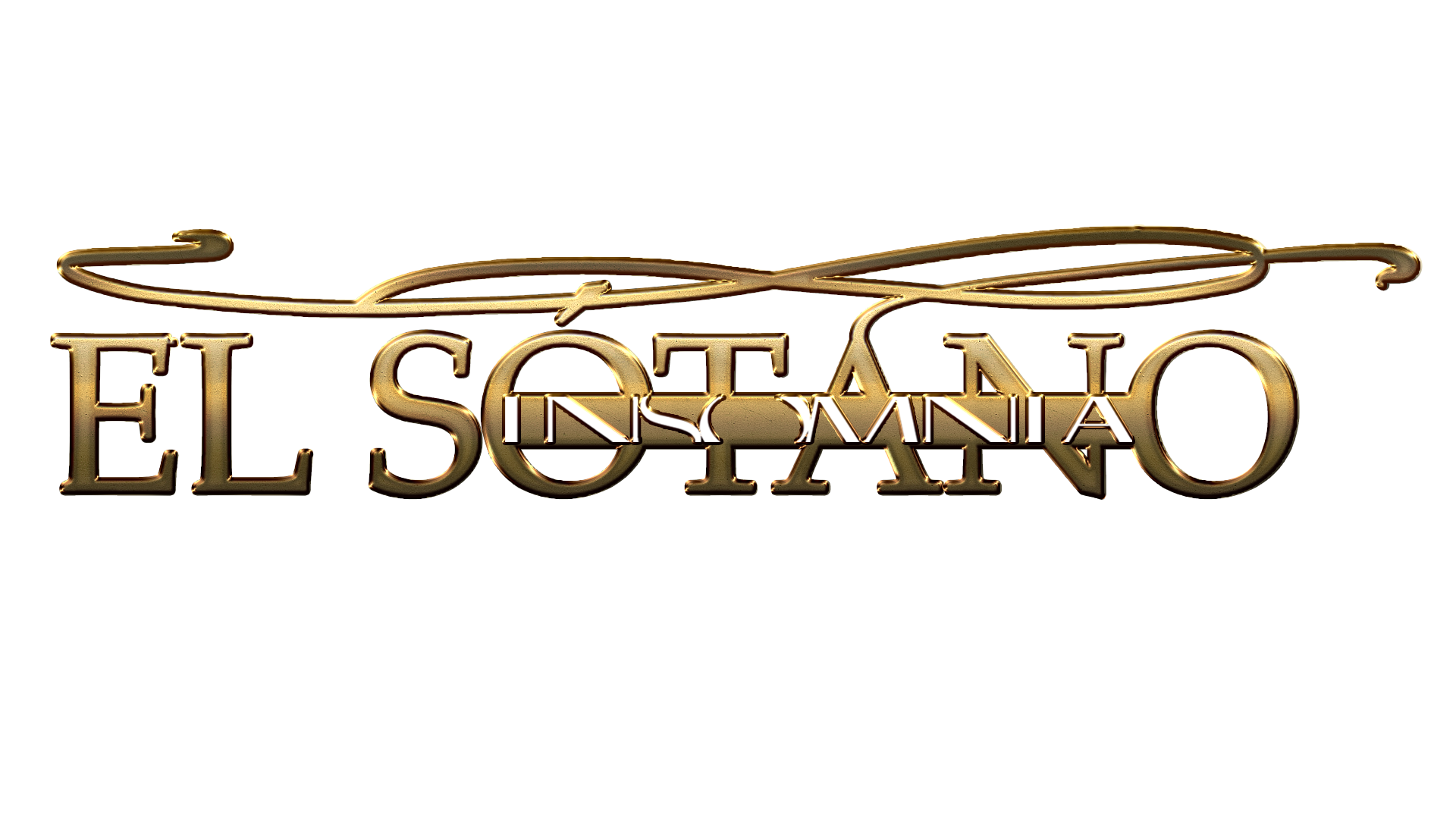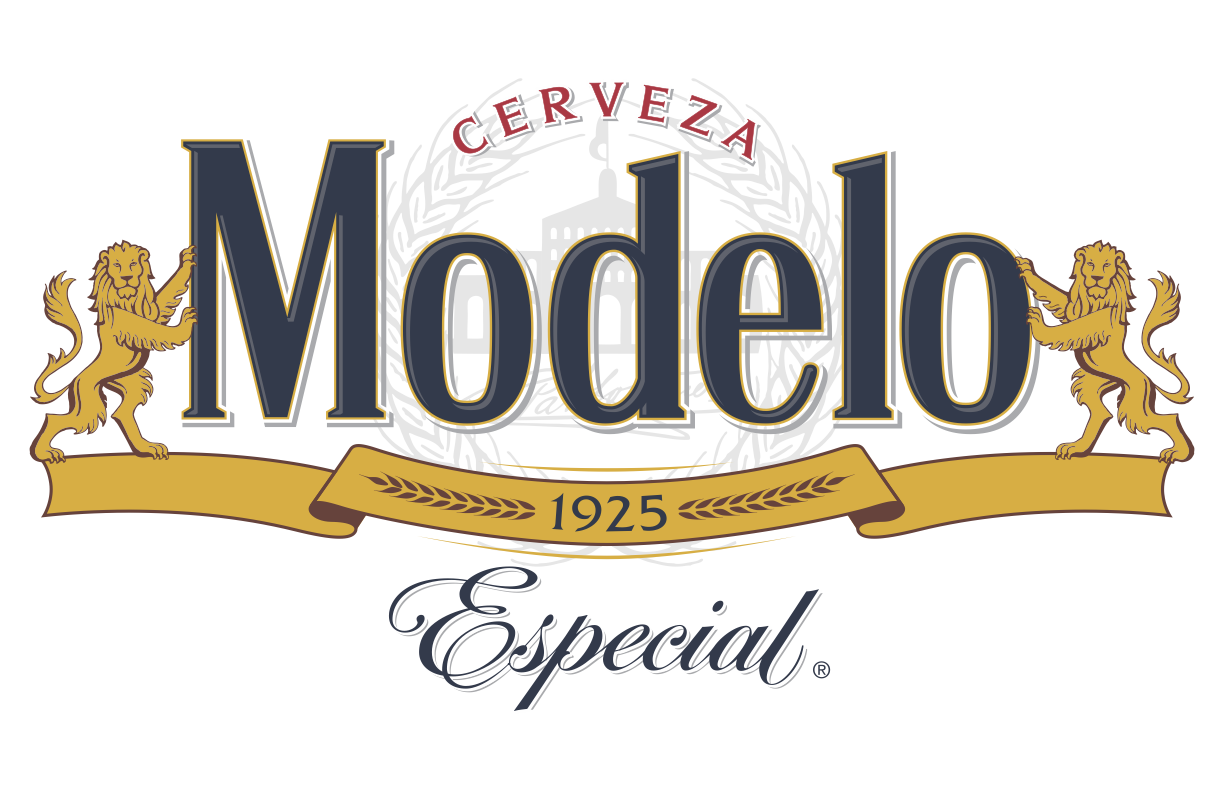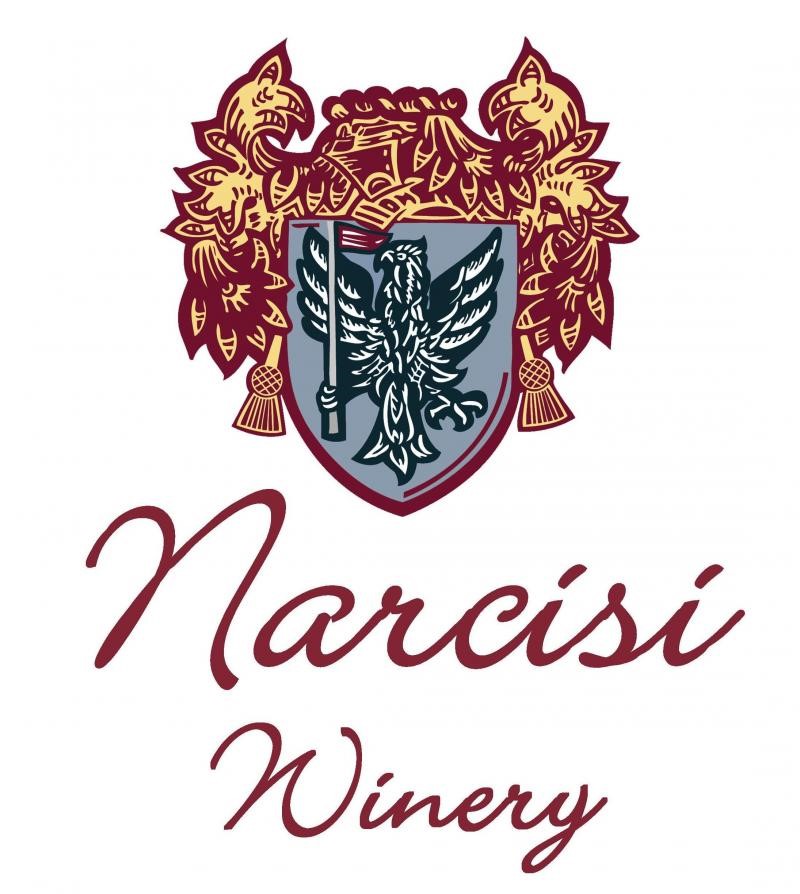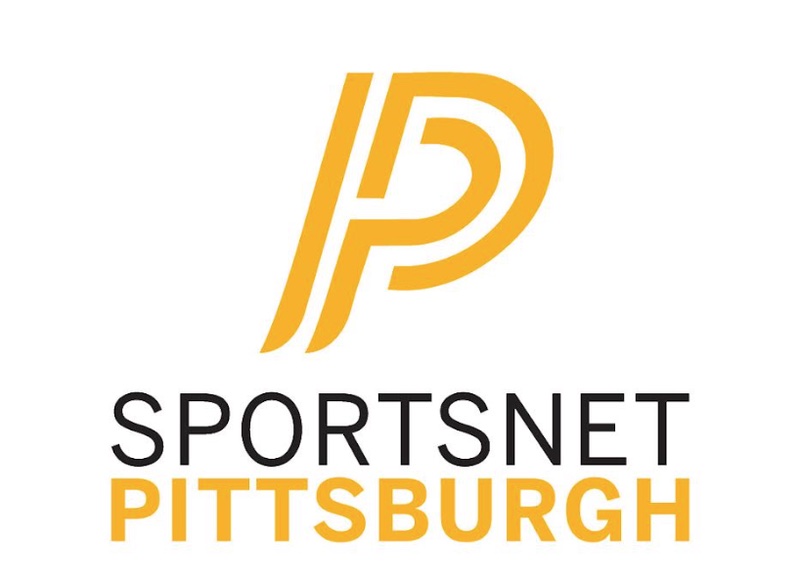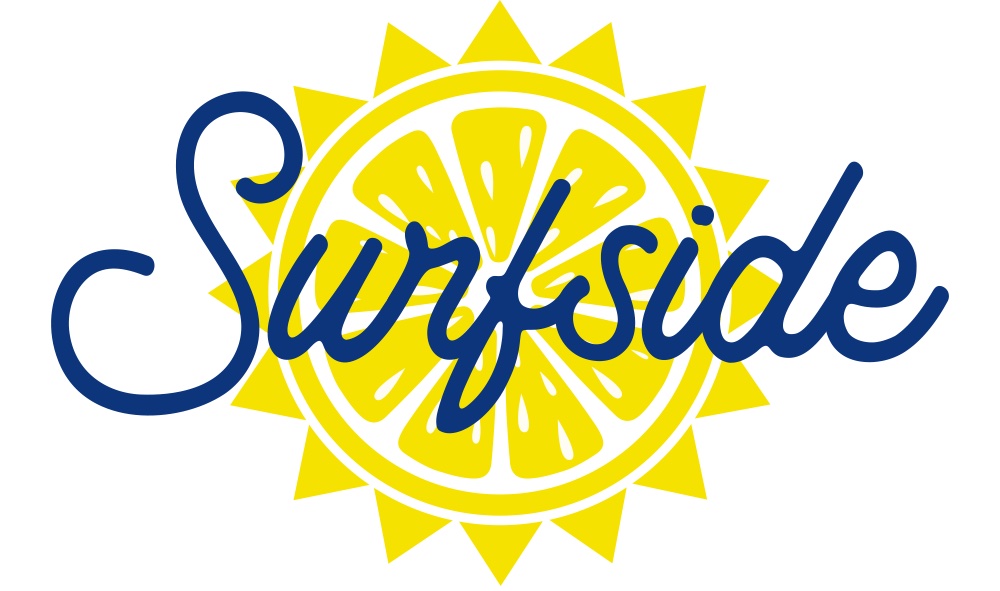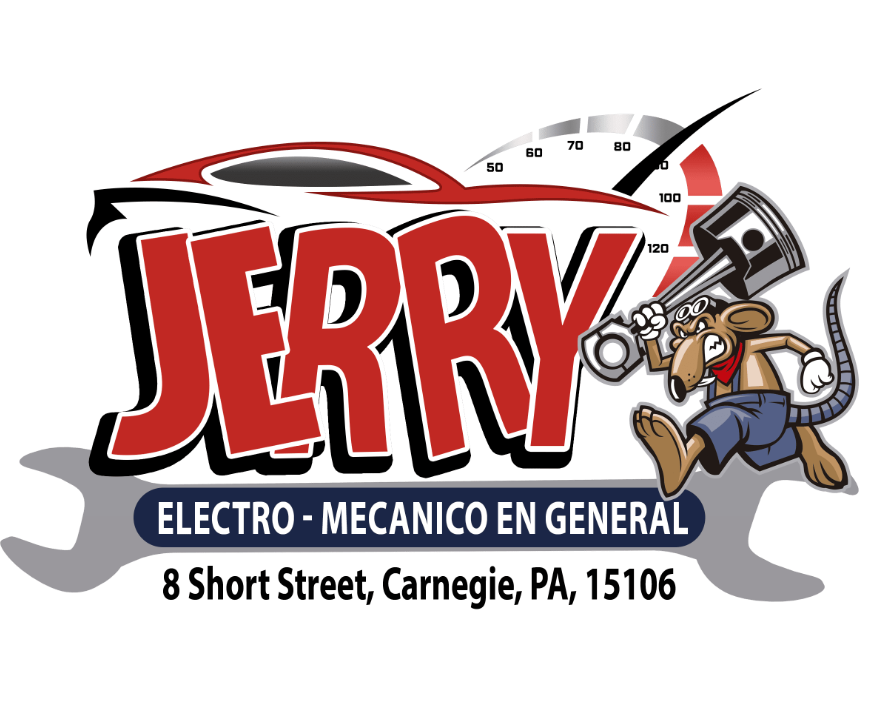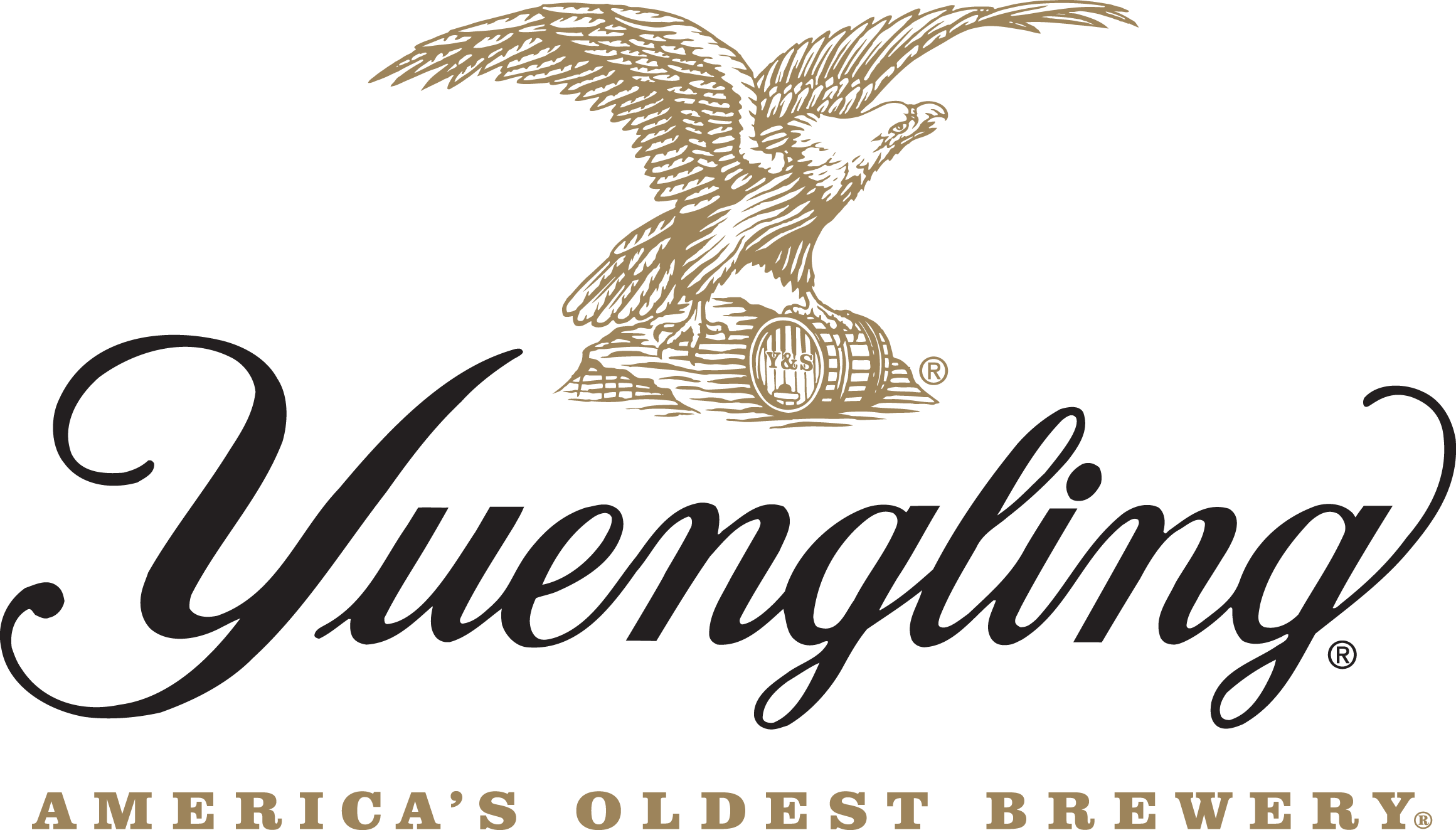Being permanently honored in the inaugural Pittsburgh Riverhounds SC Hall of Fame class this year, the initial journey was not decorated in streets of gold for David Flavius.
The Ohio Dominican University product bounced around city to city, taking car ride after car ride, in pursuit of a professional soccer opportunity.
Dozens of hours were spent on the road. Flavius couldn’t even drive himself at the time, being forced to take the bus. When he didn’t ride the bus, he would hitch a ride with future teammate Emil Haitonic, as they both looked to further their playing careers.
All of his traveling efforts finally paid off shortly after a trial period with Riverhounds SC, as the club entered its inaugural season. The striker got a phone call from the club when he got home, and with that finally found his new permanent home.
“When I got back home, John Kowalski called me,” Flavius said. “After my second tryout, he was like, ‘We would like to make you an offer to join the team.’ I said, ‘I’m happy to hear that. But the one thing I would really love is if I could have No. 13.’
“I always played with it through cup and I believe in luck and the jinx of that number. They said the number could be mine, and the rest is history. I was on my way to the city.”
The Saint Lucian striker would go on to play eight seasons in Pittsburgh, finishing as the club’s all-time leader in games played (183), goals (58) and points (141). For his accomplishments, Flavius was enshrined into the inaugural Pittsburgh Riverhounds SC Hall of Fame class.
The First Goal
Every day during his first season with the club, Flavius trekked more than two hours from Ohio to Pittsburgh for practices and games. The striker still lived in the Columbus area, but was willing to make the trip to play professionally.
Even with all of the time he spent on the road, Flavius cherishes memories of the inaugural campaign in Pittsburgh. One that sticks out the most, though, was the club’s first goal.
Flavius was hoping to score the first-ever goal in club history, but it was actually his travel partner and roommate, Haitonic, who found the back of the net.
Though the goal was something he really wanted, the frenzy in a sold-out Bethel Park High School Stadium after Haitonic’s blast was a scene that Flavius will never forget.
“It was still a very cool feeling,” Flavius said. “He gets it and I’m running all over the field trying to catch up to him and he was running all over the field. It was a really cool moment getting that first goal at home. It was something I wanted, I think I had a couple shots, but the keeper made some good saves.”
Pittsburgh’s Own
It didn’t take long for Flavius and his teammates to adopt the attitude of the Steel City after they arrived. The group embraced the mentality, making sure to display the aggression on the field.
“We had that concept of the city,” Flavius said. “Hardworking, Steel City-minded players. We have to go out and put in the work, put in the effort. That happened on a consistent basis.”
The fans loved it. Sellout crowds flooded Bethel Park High School Stadium. The players represented Pittsburgh well, and the community took notice. Flavius can still hear the chants that the large crowds would greet the team with as they took the field.
“Unleash the Hounds,” Flavius said. “I can still hear it in my head. No matter where we were, winning, losing, that crowd would get us back into the game.
“We couldn’t say anything about the crowd for the first two years. The stands would be full on both sides. The experience for the first year was awesome, unbelievable. I don’t even know where those fans came from, but they would be at the game.”
The gritty playing style was also what Kowalski, the squad’s head coach, expected from the unit. He organized a group that could play the fast and physical game he wanted to put on the field. Practices were intense and loaded with running, but the players bought into the process.
“He was a hard-nosed coach,” Flavius said. “All about business, offensive minded. He got the job done by making sure his players played the way he wanted. John used to take us to the track out in Sewickley, and we used to run so hard that even some of the people walking the track were like, ‘give those poor boys a chance,’ not knowing that we were a pro team.”
Tough training sessions led to positive results on the field. The club pieced together a 16-win season and qualified for the USL A-League playoffs in its first season.
With a speedy attack loaded with weapons such as Flavius, Gary DePalma and fellow Riverhounds SC Hall of Fame inductee Justin Evans, opposing teams struggled to slow the offense down.
Evans developed exceptional chemistry with Flavius on and off the field, and the duo could consistently be found creating chances for the attack.
“He was just a big ball of muscle,” Evans said on Flavius. “He was super fast, his left leg was fantastic. He scored a lot of goals for us. Flavius had that fire. He wanted to win no matter what.”
“My speed was elite,” Flavius said. “It worked to my advantage here, instead of using only skill. John Kowalski wasn’t a huge proponent of skill. My speed was an asset. [DePalma] was a speedy guy himself. He was one of the main contributors from wide, for assists.”
Passing the Torch
Kevin Kerr bolted down the sideline, surveying his options of where to play the ball. He lofted a ball toward the center of the penalty area, which found the head of Robbie Mertz and sailed into the back of the net.
With the helper, Kerr surpassed Flavius as the club’s all-time career leader in assists during the team’s 4-1 victory against Birmingham Legion FC this past June 29 at Highmark Stadium.
Kerr entered the season just one shy of breaking Flavius’ assist record. He is also approaching Flavius’ career game tally as well. With that being said, Flavius understands that those records would likely be broken.
For Flavius, it’s nothing to be disappointed about. In fact, Flavius is just excited to see continued excellence from the organization.
“I might come in and slide tackle him,” Flavius joked. “No, you’re always happy to see the program grow. You’re always hoping [the team] can do better, so something you were a part of can always go on. You can say, ‘I was part of that. It lasted.’”































































































































































































































































































